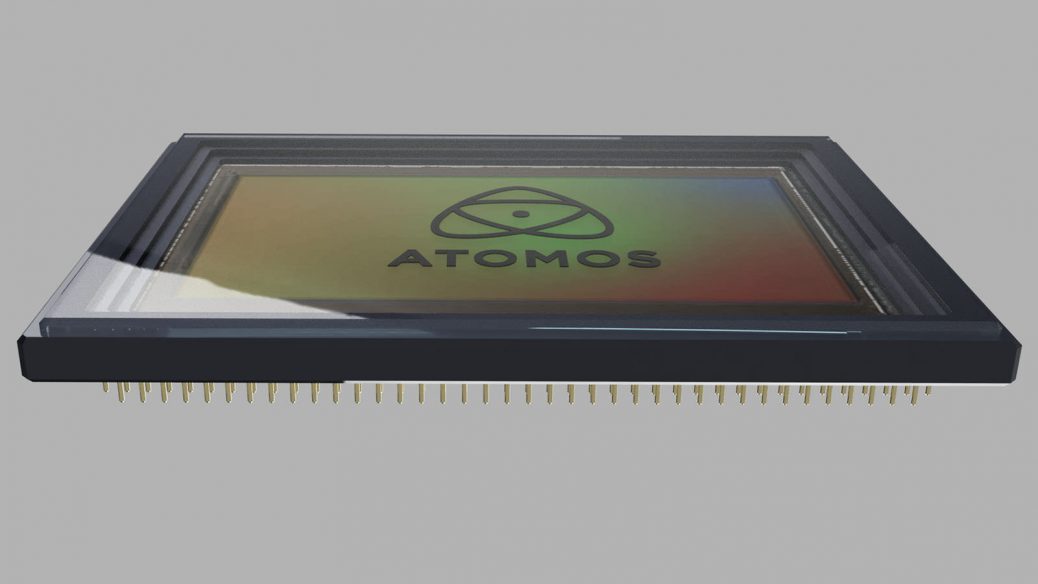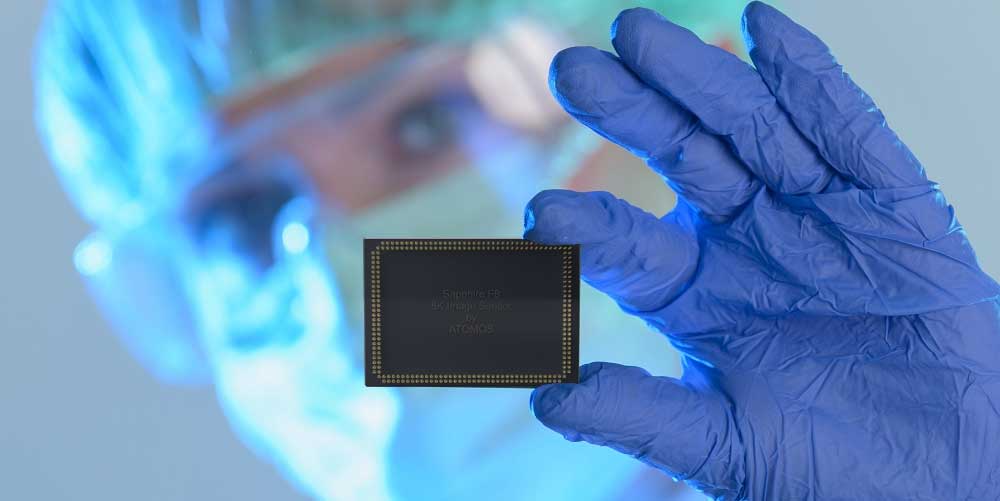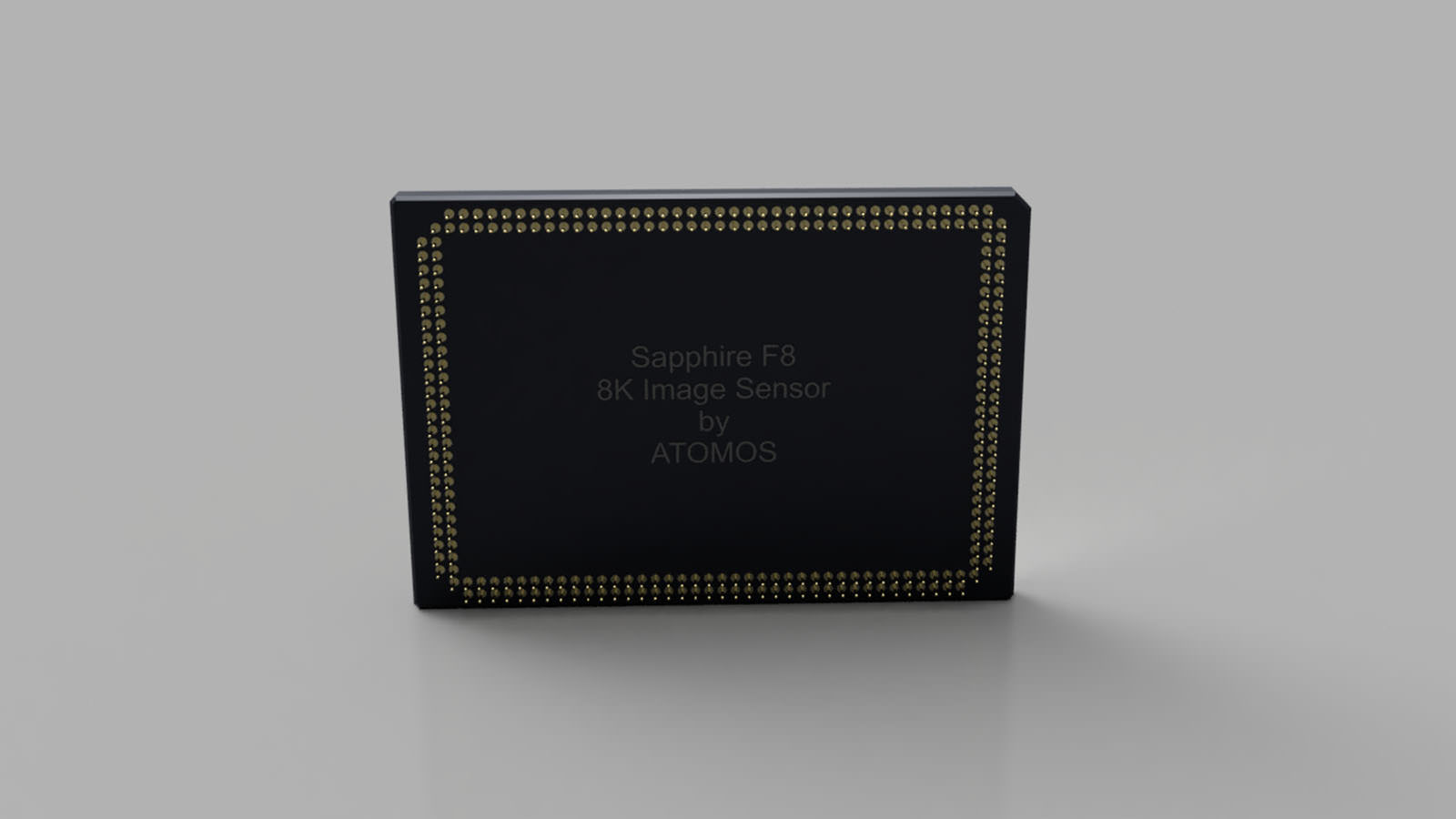Atomos Announces a Full-Frame 8K Sensor with Global Shutter
The Atomos-developed 8K sensor is dubbed “Sapphire F8,” and it shoots up to 8K at 60 frames per second, has a global shutter, has phase detection autofocus, and, perhaps most crucially, produces very little heat. According to Trevor Elbourne’s interview on PetaPixel, the “Sapphire F8” sensor offers DCI 8K (8192 x 4320px) global shutter recording at up to 60fps. Drop that to 4K and you’ll get 240fps, and 1080 will give you 360fps. According to Elbourne, the Sapphire F8 will have up to 15 stops of dynamic range with 12-bit capture across all capture modes.
Despite the large amount of data collected, the sensor consumes only 2W of power. This not only means longer battery life for the camera, but it should also produce less heat during recording, allowing for longer recording lengths and reducing the need for internal fans for cooling. It also means that you can use power bandwidth from the sensor to power other camera functionalities. According to Elbourne, having low power draw ‘gives you additional design alternatives.’
Elbourne says the sensor was first conceived years ago for an Atomos cinema camera the company was working on. ‘We had all the proper kind of gear, or a lot of the right bits, to go and put a camera together,’ Elbourne explained to PetaPixel. ‘We have our industrial design team, which is situated in Tokyo and is made up of ex-Sony/Canon engineers with experience in this type of work, and we have video processing and image processing capacity.’
However, bringing the camera to market took longer than intended, and when Blackmagic Design beat it to the punch with their successful Pocket Cinema Camera lineup, Atomos perceived the market as too crowded, according to Elbourne. As a result, the company decided to discontinue production of the movie camera. The sensor, on the other hand, persisted and is now good enough to sell ‘from a technical standpoint,’ according to Elbourne.
Elbourne claims that the sensor is entirely designed in-house, although he does not indicate whose company manufactures the hardware. However, a partnership is in place and ready to go if a buyer comes along. Even then, considering the complexity of designing a complete system around an image sensor, it could be years before we see this sensor inside any cameras, so don’t get your hopes up just yet.
Read the full interview on PetaPixel’s website.



